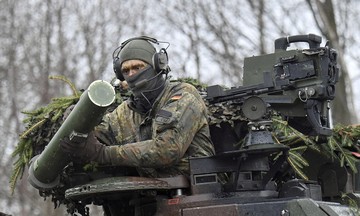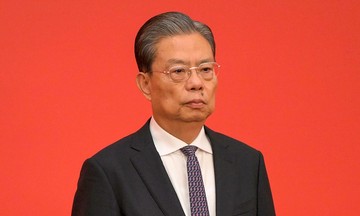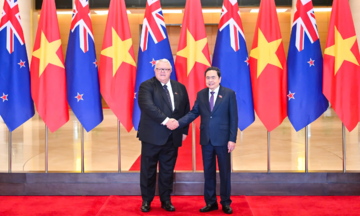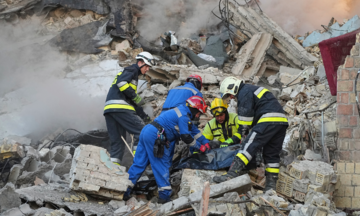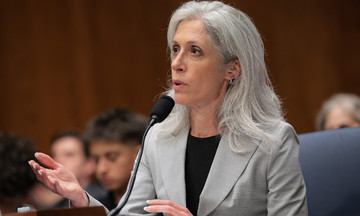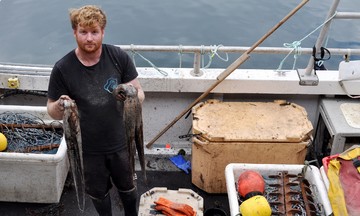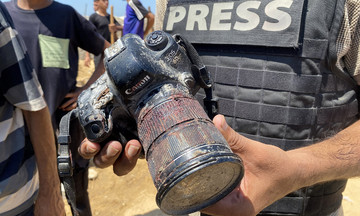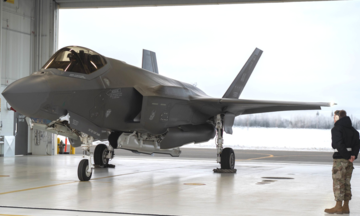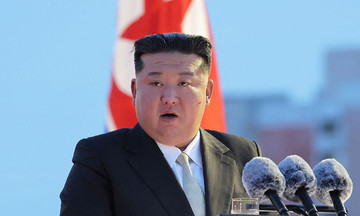A report released by NATO on 27/8 revealed that over 10 of the alliance's 32 members fell short of the 2% GDP target for defense spending last year, a goal established in 2014.
Despite this, NATO projects that all member states will achieve the target this year, bringing the alliance's total expenditure to over $1,500 billion. Seven countries will meet the minimum 2% target, with some exceeding it. Poland, Lithuania, and Latvia are the top spenders as a percentage of GDP, allocating 4.48%, 4%, and 3.73%, respectively.
NATO Secretary General Mark Rutte welcomed the increased defense spending but emphasized the importance of translating funds into actual capabilities. "Money itself does not bring security. Deterrence doesn't come from a figure of 5%, but from the ability to counter potential adversaries," he stated.
 |
NATO's Dynamic Mariner exercise in the Gulf of Cadiz, off the coast of Spain in March. Photo: AFP |
NATO's Dynamic Mariner exercise in the Gulf of Cadiz, off the coast of Spain in March. Photo: AFP
Under pressure from former US President Donald Trump, NATO leaders agreed in June to significantly increase defense spending over the next decade. Trump sought a commitment from allies to spend 5% of GDP on security-related purposes, reportedly a condition for Washington's continued commitment to NATO.
This figure was divided into two categories by alliance leaders: 3.5% of GDP for core defense spending and 1.5% for other areas like infrastructure and cybersecurity.
NATO's report identifies the US as the largest contributor in absolute terms, though its spending represents only 3.22% of GDP.
Many NATO nations have substantially increased military spending since the outbreak of the Ukraine conflict, driven by concerns of a potential Russian attack on alliance members after the war's conclusion.
The US, Europe's security guarantor since World War II, wants the continent to shoulder greater responsibility for its defense. The Pentagon is currently reviewing its global military operations and has warned of potential troop reductions in Europe.
Pham Giang (Reuters, AFP)



